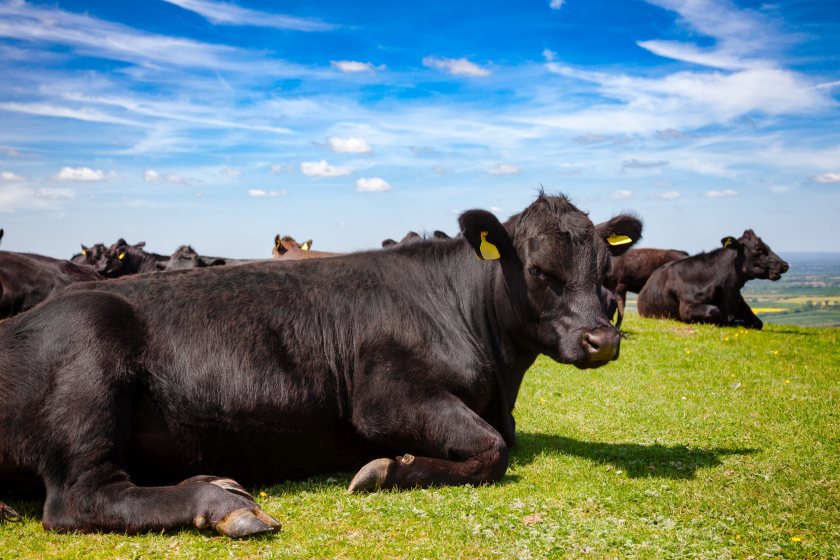Lab-meat threatens traditional livestock farming, study concludes

Beef, lamb, milk and eggs are at the greatest risk of losing market share to lab-grown alternatives, according to a ground-breaking joint UK-Norway study.
The research — believed to be the first of its kind — assessed how cultivated proteins and a potential carbon tax might reshape the food industry and emissions landscape.
It revealed that cattle and sheep farming, along with dairy and egg production, are more vulnerable to synthetic competition than pork and chicken, which emit lower levels of greenhouse gases.
Funded by Norway’s Ruralis Institute for Rural Research, scientists modelled two future scenarios: one with a carbon tax and one without.
In both cases, beef, lamb, milk and egg sectors saw a more pronounced drop in market share compared to poultry and pork. With a carbon tax in place, the fall was both sharper and faster.
Researchers assumed that consumers would increasingly treat cultivated and conventional animal products as largely interchangeable, with cost being the dominant driver of purchasing decisions.
The study highlights a growing need for governments and agricultural sectors to prepare for the shifting dynamics of the global protein market, particularly in the face of mounting environmental and economic pressures.
Proponents of lab-grown proteins say they are marketed as a climate-friendly alternative to conventional meat, with potential greenhouse gas reductions of up to 97%.
However, support payments to livestock producers in many countries currently make it difficult for these technologies to compete purely on cost.
Dr Nick Roxburgh, of the James Hutton Institute, which took part in the study, said: "This study suggests that sheep and cattle rearing could be most vulnerable to competition, especially if a carbon tax is introduced.
"Given the potential for disruption, it will be important to plan carefully for the possible impacts of cultivated proteins on livestock farming and rural livelihoods.”
It comes as British consumers could see lab-made meat and dairy on sale within two years, as the Food Standards Agency (FSA) recently said it was seeking to speed up the approval process
In 2020, Singapore became the first country to authorise the sale of cell-cultivated meat for human consumption.
Since then, Italy and the US states of Alabama and Florida have instituted bans om cell-cultivated products in defence of traditional livestock farming.








